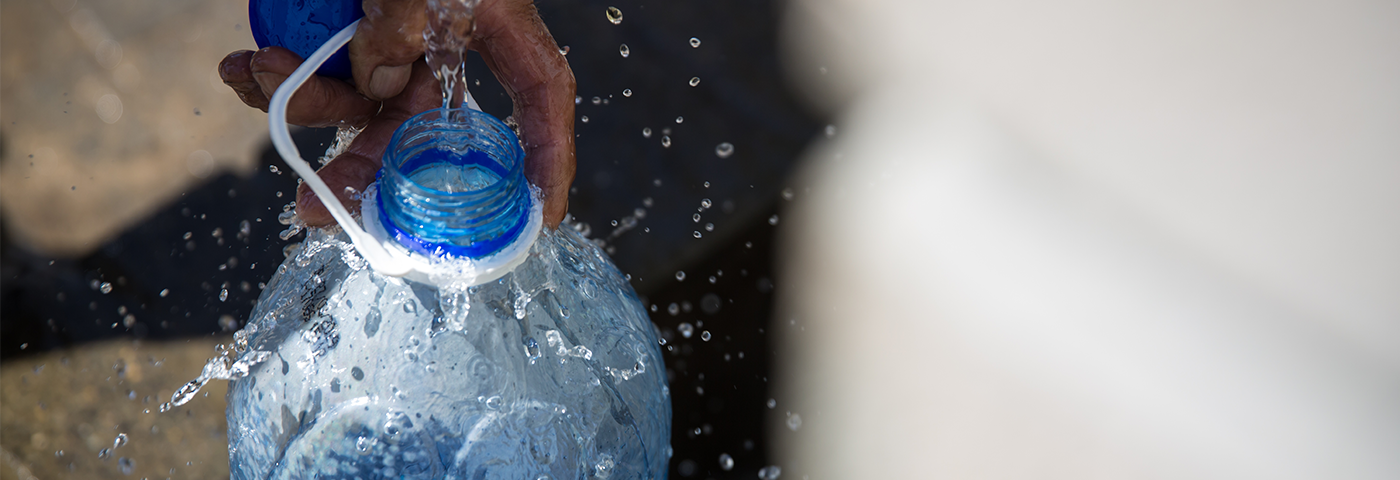This month, Cape Town may or may not reach Day Zero, signifying the point at which the city runs out of water. According to an April 9th article on South Africa’s News24 website, the rainfall this month is key to determining whether there is likely to be enough over the following months to restock the dams upon which the city relies for its water supply.
And so everyone watches and waits for the end of the road, the solution now beyond our control, because we left it too late to find an alternative, long term, sustainable option.
While we wait, I’d like to highlight three other news items from the last week or so that show how this sort of story is far from unique to Cape Town.
The story getting the most coverage has been the news that ‘The Beach’ – Maya Beach in Thailand made famous in the eponymous Leonardo diCaprio film about the mystical, hidden beach – is to be shut for four months a year because it is now so despoiled by tourism. Meanwhile in the Philippines, Boracay is to be shut for six months from the end of April. The key to both these stories is the word ‘shut’. Not slowed, limited, managed, regulated or reduced. Closed.
A story that got much less coverage concerns another tropical island idyll – Fiji. On April 3 Ecowatch reported that “Fiji in Fight for Survival Due to Climate Change, Prime Minister Says After Deadly Cyclone”. According to the country’s Prime Minister Voreqe Bainimarama, the island is “now at an almost constant level of threat from these extreme weather events that are becoming more frequent and more severe because of climate change.” Once again, this is not about things getting a bit worse, or the sea a bit higher. Three villages have been forced to relocate with four more preparing to do so. According to Bainimarama, for Fiji, the threat now represents “a fight for our very survival.”
The final story looks at what happens after Day Zero. Last year the Caribbean island of Dominica was one of the worst hit by hurricane damage. With the island still recovering from the 2015 hurricane Erika that caused damage costed at 90% of its GDP, 2017’s hurricane Maria caused such havoc that 95% of buildings were damaged or destroyed, with the Island “lurching from tropical paradise with a burgeoning eco-tourism sector to abject poverty and ruin in a single night” according to an article in the Guardian, which quoted one resident as saying that the island was ‘finished’.
In November, I wrote a blog for this site about Dominica’s response. The island’s Prime Minister, Roosevelt Skerrit had announced the devastation was so total that the island needed to start again, and that it would seek to become the world’s first ‘climate-resilient nation’. A few months on, and this is already being shown to be more than just words – the island is creating the Climate Resilience Agency of Dominica (CREAD) to fund, design, procure, implement, and coordinate climate resilient projects.
Cape Town will probably sort out a long term sustainable solution to its water crisis, but only after the dams have run dry. Maya Beach and Boracay will probably find an answer to protecting their beaches, after they are shut. For Fiji and Dominica the challenges are even greater, as the hurricanes aren’t going to stop, and the waters will keep rising.
The wider question then, is what will the rest of us do? All these problems are our problems too – according to a study, published March 29 in the journal Environmental Pollution, found we all consume about 114 plastic microfibers each meal simply from household dust that settles on our plates. Turning the hotel lights off for an hour on April 22 for Earth Day may make us feel good and provide copy for a press release. But it’s a bandaid on a broken leg, like committing to remove plastic straws from our supply chains, and needing five years to do it.
As the environmentalist Paul Hawken writes in Drawdown, his 2016 book on how best to respond to the breakdown of our climate: “Addressing, slowing, or arresting emissions is necessary, but insufficient. If you are travelling down the wrong road, you are still on the wrong road if you slow down.”
Day Zero represents the end of the road. It’s better to turn round before we get there.


